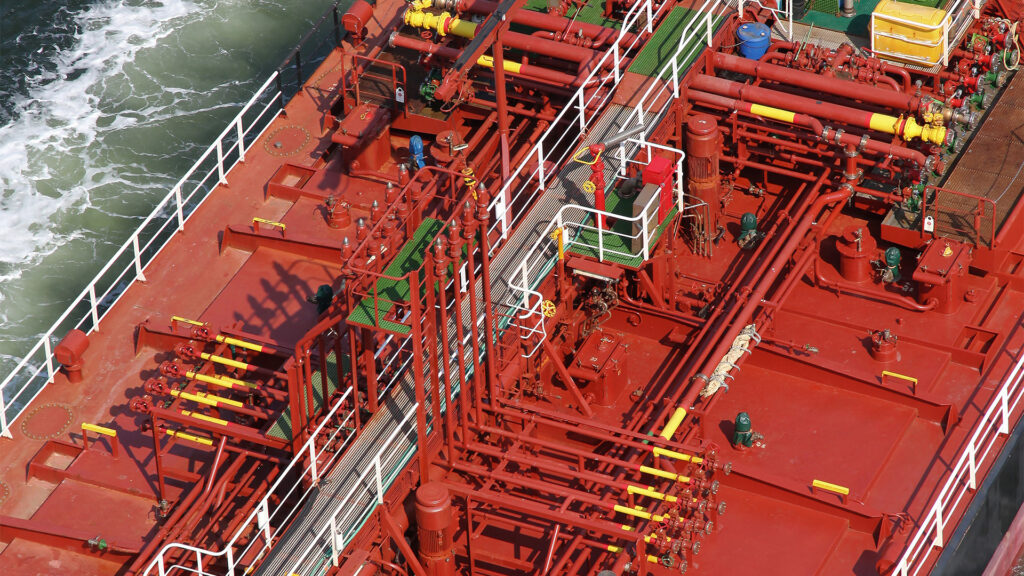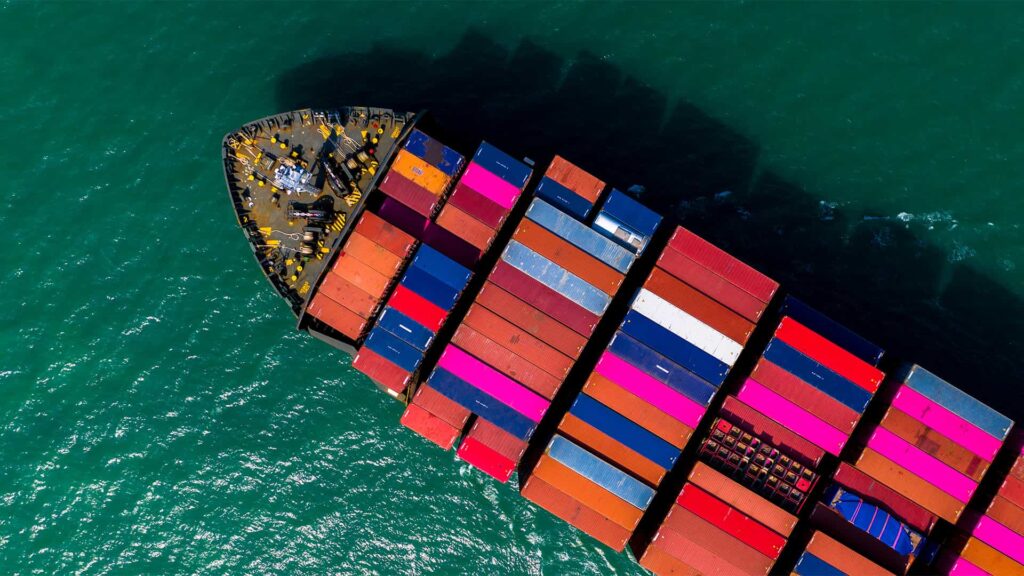Maritime arbitrators: practical steps to manage your sanctions risk
Shipping is currently in the centre of the sanctions spotlight – that is abundantly clear from recent US enforcement action, as well as public statements by US politicians.
This means that everyone in the sector, whether owners, charterers, insurers or banks needs to be vigilant and alert to the risks. That applies equally to maritime arbitrators, so what are the main things that they should be doing? Here are our 10 recommendations:
- Understand the impact of sanctions – arbitrators should be aware which countries are sanctioned, what sorts of restrictions the sanctions impose, and also which sanctions (e.g. US, EU, Singapore, Switzerland) are applicable. HFW can deliver a one hour sanctions webinar on demand – this gives an overview of the main issues and points to consider. To register your interest please email events@hfw.com or register here to be added to our sanctions mailing list.
- Recognise that there is a real risk of enforcement – we have seen vessels and shipowners penalised by the US for sanctions violations, as well as US and EU imposing penalties running into millions of Dollars. The following statement by David Peyman (US Deputy Assistant Secretary of State for Counter Threat Finance and Sanctions) will resonate with arbitrators as much as shipowners:
“… I really do think there’s much more space for improvement in the private sector. It seems like much of the shipping sector is a generational business that has been handed down from generation to generation and business was conducted in a certain way maybe 50 years ago or 30 yearsago or even 10 years ago. The world has changed quite dramatically in the last 10 years. The use of US sanctions I think has escalated and I think we’ve shown that we’re ready to undertake strategic targeting.“
- Keep in mind expansive US jurisdiction – the US adopts an aggressive approach, asserting primary jurisdiction over US persons (not only US nationals and US companies but also persons who are physically present in the US), US origin goods and US Dollar payments. The US also has some sanctions which are commonly described as extra-territorial or “secondary” sanctions. These restrict the activities of non-US persons, either through the threat of denial of access to US markets, US currency and US persons, and/or the threat of being added to US sanctions lists.
- Carry out due diligence when accepting appointments (and on an ongoing basis) – arbitrators should be alert to references which may relate to a sanctioned individual or entity, a sanctioned asset (a large number of ships are on US sanctions lists) or a sanctioned activity. The US sanctions list is at https://www.treasury.gov/ofac/downloads/sdnlist.pdf (it runs to over 1,300 pages) and HM Treasury publishes a consolidated list (covering UN, EU and UK) at https://ofsistorage.blob.core.windows.net/publishlive/ConList.pdf. Consider whether there might be alternative spellings of parties’ names, commonly used names (particularly of individuals) and different naming conventions in different countries. For those who prefer, HFW can run due diligence checks and give advice.
- Don’t be afraid to challenge the parties and their representatives – the sanctions prohibit not only dealing directly with a sanctioned individual or entity but also dealing indirectly with a sanctioned individual or entity (for example where a sanctioned individual is the owner of a corporate entity). Arbitrators therefore need to understand exactly who they are dealing with.
- Be mindful of payment issues – banks and others are extremely wary of the risk of violating sanctions, and this will cause them to refuse to process payments where there is any concern about a possible sanctions violation. That could include payment of arbitrators’ fees.
- Appreciate that sanctions are very dynamic (I) – because sanctions are imposed, varied and lifted in response to political developments they may change over the life of a reference and arbitrators need to be aware of any changes which impact on their continued ability to act (and get paid).
- Appreciate that sanctions are very dynamic (II) – some sanctions programs contain so-called “grandfathering” or wind down periods which authorise activity for limited periods of time prior to the imposition of restrictions. Arbitrators may be asked to act promptly to ensure necessary activities are completed within the grandfathering period. This was one of the considerations which underpinned the issues in Mamancochet Mining Ltd -v- Aegis Managing Agency Ltd & Ors [2018] EWHC 2643 (Comm)
- Ensure that the Award does not itself facilitate a breach of sanctions – sanctions prohibit making a payment or other benefit available directly or indirectly to or for the benefit of a sanctioned person, as well as dealing with a sanctioned asset (such as a vessel), and both the EU and US sanctions have provisions dealing with facilitating, enabling and/or circumventing sanctions.
- Don’t forget Brexit – EU sanctions continue to have direct effect on UK companies and individuals during the Transition Period (i.e. until 31 December 2020). After this date, new UK sanctions regimes will come into force and EU sanctions will no longer have direct effect on UK companies or individuals in the absence of an EU nexus. From this time, it is possible that UK and EU sanctions could diverge.
Download a PDF version of ‘Maritime arbitrators: practical steps to manage your sanctions risk’











